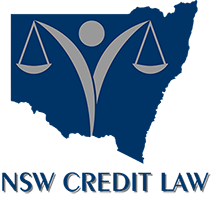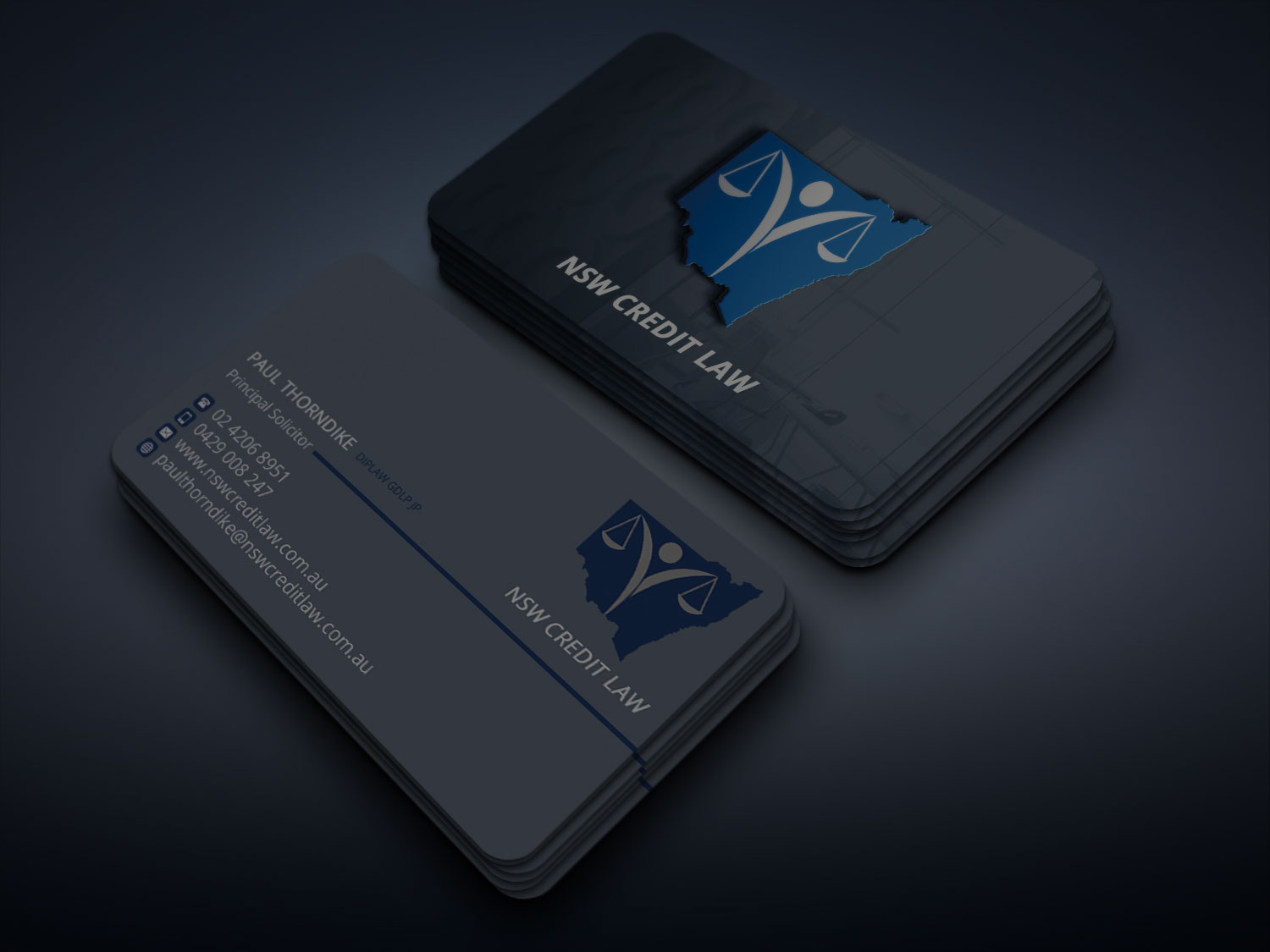Enforcing Payment of a Judgment Debt
Enforcing a judgment debt in New South Wales refers to the legal processes that a creditor can undertake to compel a debtor to pay what they owe pursuant to the orders contained within a court judgment. When a creditor has obtained a judgment against a debtor and the debtor fails to pay the judgment debt amount voluntarily after being issued with post judgment demands for payment, there are several enforcement measures available under NSW law. Laws in other states have similar enforcement methods but for the purposes of this article we will concentrate on NSW enforcement procedures. The three methods for enforcing
Default Judgment
Further to our recent article regarding issuing a Statement of Claim, you may recall that there are several ways that defendants usually respond: Pay the Statement of Claim amount, which is the debt amount plus the legal costs and interest, within 28 days of being served. Apply to the court to acknowledge the debt and make an application to pay by instalments. Contact the solicitor acting for the Plaintiff creditor to negotiate settlement. File a defence to the Statement of Claim with the court. If this happens then the court will list a hearing date for a pre-trial review or
Legal Debt Recovery Procedure
If a debtor is unresponsive to pre-legal demands and negotiations to settle a debt, then the matter usually proceeds to court to commence legal debt recovery proceedings. When a client instructs us to collect a debt on their behalf, they usually do not want to take any further interest in the matter other than to provide instructions along the way and to receive updates about the progression of the matter. However, it is prudent for clients to have a basic understanding of the legal debt recovery procedures. Over the next few weeks, we will be publishing articles that cover all aspects of
NSW Credit Law – New Services
In 2024 NSW Credit Law will continue to provide the services that you know it well for. A link to our list of services is provided below: https://nswcreditlaw.com.au/our-services/ However, we will be expanding our list of document review and document drafting services to include personal legal documents as well as commercial legal documents. A non-exhaustive list of documents we will be providing services to review, and draft is provided below, however, the total list extends to over 300 documents, so if you have any queries with regards to any of our services please do not hesitate to get in touch: Business Sale Agreements Confidentiality Agreements Amendment Deeds Deeds of
What is a Trust?
A trust is a legal relationship where a person, known as the "trustee," holds and manages assets or property for the benefit of another person or group of people, known as the "beneficiaries." The trustee has a legal obligation to act in the best interests of the beneficiaries and manage the trust assets according to specific terms and conditions outlined in a trust deed or agreement. Here are some key characteristics and concepts related to trusts in Australian law: Trust Deed: A trust is typically established through a written document called a trust deed. The trust deed outlines the terms and
Be Aware of Scams Affecting Solicitors, Businesses and Their Clients
The Law Society of NSW has recently warned of an increasing number of scams affecting solicitors, businesses, and their clients. NSW Credit Law would like to ensure that all its clients are aware of possible scams and have some knowledge of how to identify and protect themselves against such scams. Scams Affecting Solicitors and Their Clients In the contemporary digital age, the internet has become a breeding ground for scams and fraud. No profession is immune to this menace, not even solicitors and their clients. This article aims to shed light on the various scams that have been affecting solicitors and their clients,
Common Types of Civil Litigation Claims in Australia
Types of Legal Claims in Australia – Part 2 Common Types of Civil Litigation Claims in Australia Debt Recovery - Claim for Liquidated Debt A claim for a liquidated debt refers to a legal action taken by a creditor or claimant to recover a debt that is well-defined and clear, in terms of the amount owed. The debt is considered "liquidated" because it is a fixed, ascertainable sum that is typically established through a contract, agreement, invoice, or other legally recognised document. Here are some key characteristics of a claim for a liquidated debt: Clear and Fixed Amount: In a liquidated debt claim, the
Types of Legal Claims in Australia – Part 1
Types of Legal Claims in Australia – Part 1 In Australia, there are various types of legal claims that individuals or entities can pursue in order to seek remedies for different kinds of disputes and grievances. These claims can be categorized into several broad categories, including: Criminal Claims: Criminal claims involve offenses against the state or society and are prosecuted by government authorities. They can result in penalties such as fines, probation, or imprisonment. Examples include theft, assault, and drug offenses. Civil Claims: Civil claims deal with disputes between individuals, organizations, or entities. They aim to provide compensation or remedies to
The Dangers of Dealing with Unlicensed Credit Fix Businesses
The Dangers of Dealing with Unlicensed Credit Fix Businesses Introduction In today's financial landscape, credit scores hold immense power. They can determine whether you qualify for a loan, rent an apartment, or even land your dream job. It is no wonder that people are often desperate to improve their credit scores, and this desperation can make them easy prey for unlicensed credit-fix businesses. While there are legitimate credit repair services that can help consumers improve their credit profiles, the sector poses significant dangers, and it would be advisable to seek the advice of a solicitor before engaging with these businesses. Licensing and Regulation Credit
RISK WARNING FOR COMPANY DIRECTORS AND ADVISORS
RISK WARNING FOR COMPANY DIRECTORS AND ADVISORS Are you or your clients falling behind on paying company debts? Directors are exposed to personal liability if they trade a business unable to pay its debts when they fall due. This is called insolvent trading. Resigning as a Director does not provide relief. What can happen to a Director for insolvent trading? Civil financial penalties of up to $200,000. Compensation proceedings can be initiated by ASIC, a liquidator or creditors in addition to civil penalties and are potentially unlimited. This may result in personal bankruptcy which will disqualify a Director from managing a company. Is there an alternative to an









